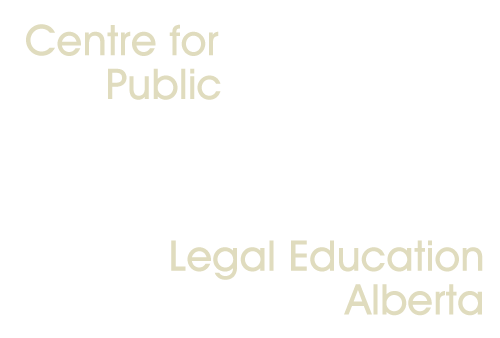Need to know
- Shared accommodation is when you live with a roommate or a landlord (sharing living space).
- The Residential Tenancies Act (RTA) sets out the rights and obligations of landlords and tenants in Alberta. But, it does not apply to shared accommodation situations.
- Any shared accommodation issues between roommates are not covered by the RTA.
- If you are living with roommates or sharing living space with your landlord, you should have written agreements in place.
Living with a roommate
The Residential Tenancies Act does not address the rights and obligations that tenants have to one another. It is common for roommates to enter into roommate agreements so that each tenant knows their rights and obligations.
A roommate agreement can include things like:
- how rent is split and paid to the landlord
- how bills will be split
- how the rental property will be shared
- when notice to move out must be given to the other roommate(s)
- how the security deposit will be handled if one roommate leaves
- how chores will be split in the rental property
Roommates can add other terms as long as all roommates agree on them.
Living with the landlord
If a tenant shares living space with the landlord, then the Residential Tenancies Act does not apply. A common example of when the Residential Tenancies Act does not apply is when a tenant rents a room in the landlord’s home and shares the kitchen and living room with the landlord.
Tenants who live with their landlords do not have the same protections as tenants who are covered by the Residential Tenancies Act. For example, if the tenant does not pay rent one month, the landlord does not need to give the tenant a 14-day notice to end the tenancy. The landlord can ask the tenant to leave immediately for not paying rent.
If the landlord and tenant share living space, it is a very good idea to have a written contract setting out the rules that both the landlord and tenant must follow to provide some basic protections.
Explore more
June 2023

